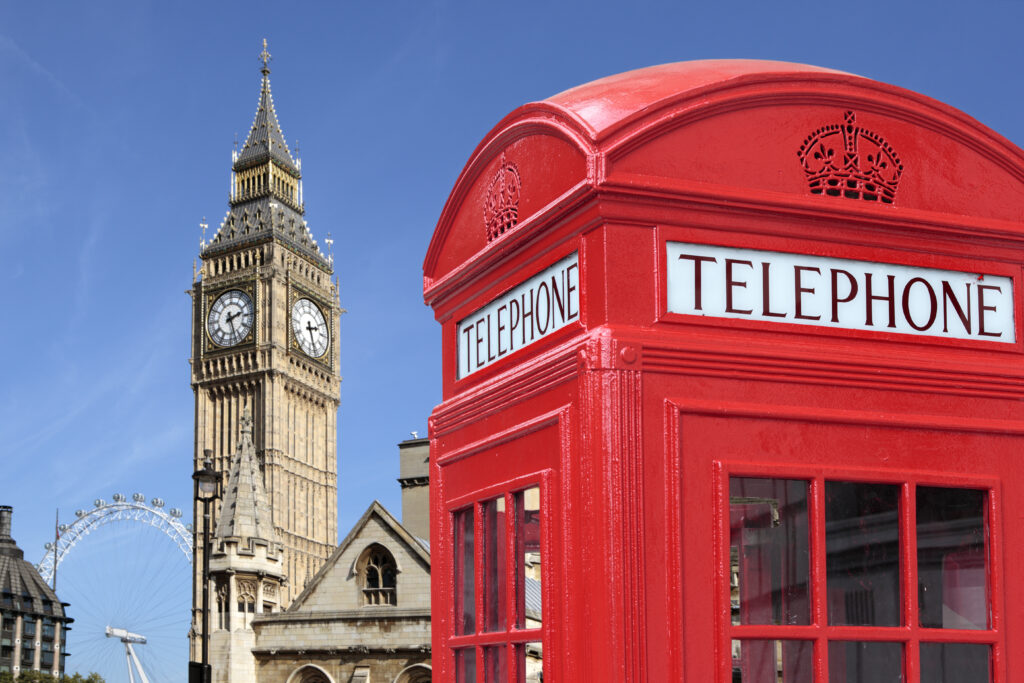Exchange in London
For your exchange project in London to be a success, you need to start organizing in advance, and planning expenses is a fundamental part of organizing the trip. London is not a cheap destination, especially with the price of the pound soaring, but the experience will be worth every pound you spend.
If you already have a good reserve of money to invest in your project, now is the time to know if your resources will be enough to cover your expenses, or if it would be wiser to postpone the dream for a while until you are better financially prepared. Depending on your available budget, you may also be able to adapt your plans, reducing the exchange time or opting for another school or cheaper accommodation. Thus, you will be able to travel peacefully and enjoy your exchange in London without going through any hassles.
Cost of Living in London
The part of expenses that involve housing, food, transport, leisure and shopping is the most variable in the budget. It all depends on the lifestyle you adopt in London. There are those who are content with a sandwich in the school cafeteria, there are those who prefer to shop at the supermarket and cook at home, there are those who do not give up going to good restaurants. Likewise, accommodation ranges from rooms in student residences, to places in family homes, hostels and even good hotels for those seeking more privacy.
So, if you want to know how much you will spend during your exchange in London, the first answer is: it depends! Of course it is possible to get an idea of the basic costs, so it is best to trust the information from the English government. In order to obtain a student visa, the UK Home Office requires proof of minimum resources of £1,265 per month of stay in the country, out of school and airline tickets. Rounding up, 400 pounds a week.
So, you already have a clearer idea of what you’re going to spend here, but, as we said above, this amount varies for less or more, depending on your lifestyle. Below, we will provide some examples of the expenses you will have:
London Accommodation
For seasons longer than 3 months, renting a room in shared houses is the most economical option. Depending on the zone chosen , single rooms are in the range of 120 to 160 pounds per week. In London, it is very common to share a room with other students, to pay less. You will find shared rooms ranging from 70 to 100 pounds per week. Usually, bills are included and the houses are well equipped, including heating and wi-fi.
Food in London
Expect to spend an average of £50 a week on grocery shopping, including toiletries and laundry. This amount can vary for much less depending on the needs of the week, of course. The supermarket chains with the cheapest prices are Lidl, Asda, Tesco and Iceland (the latter for frozen dishes). In more modest restaurants, you can get a full meal for £10, or even less at Chinatown Chinese. In better restaurants, you can eat for an average of 20 pounds. Also try the delicious fish & chips, a large fish and chips steak, which costs around 8 pounds and is worth a meal. In the 5 to 8 pound range, you can find the stuffed baked potato called jacket potato, another English delight.
Transport in London
Prices for public transport passes, or travelcards, also vary according to the area. The farther from the center you live, the cheaper the accommodations, but the price of transport will be higher. A travelcard with unlimited travel for one week costs £32.10 for zones 1 and 2, or £58.60 for zone 6.
Mobile in london
To have a mobile (or mobile, as they say in London) prepaid (or pay-as-you-go), you will spend 10 to 15 pounds a week or less. You can find free wi-fi in various places in the city. Use Skype or Whatsapp to talk to the family to save even more.
As you can see, it is perfectly possible to keep your spending within the 320 pound weekly range suggested by the UK Home Office.
air travel costs
The longer the purchase is made in advance, the lower the price of airline tickets, which also vary according to the season. Airlines usually run promotions in the off-season, usually around March and April, and then in October and November. Below are some examples of how prices vary:
In conclusion, now that you have a good idea of the cost of an exchange in London, you can calculate the budget needed for your project. When you arrive in England, be sure to keep a spreadsheet to record all your expenses and avoid going over budget. What’s more, just enjoy every minute of your exchange immersed in London culture.





